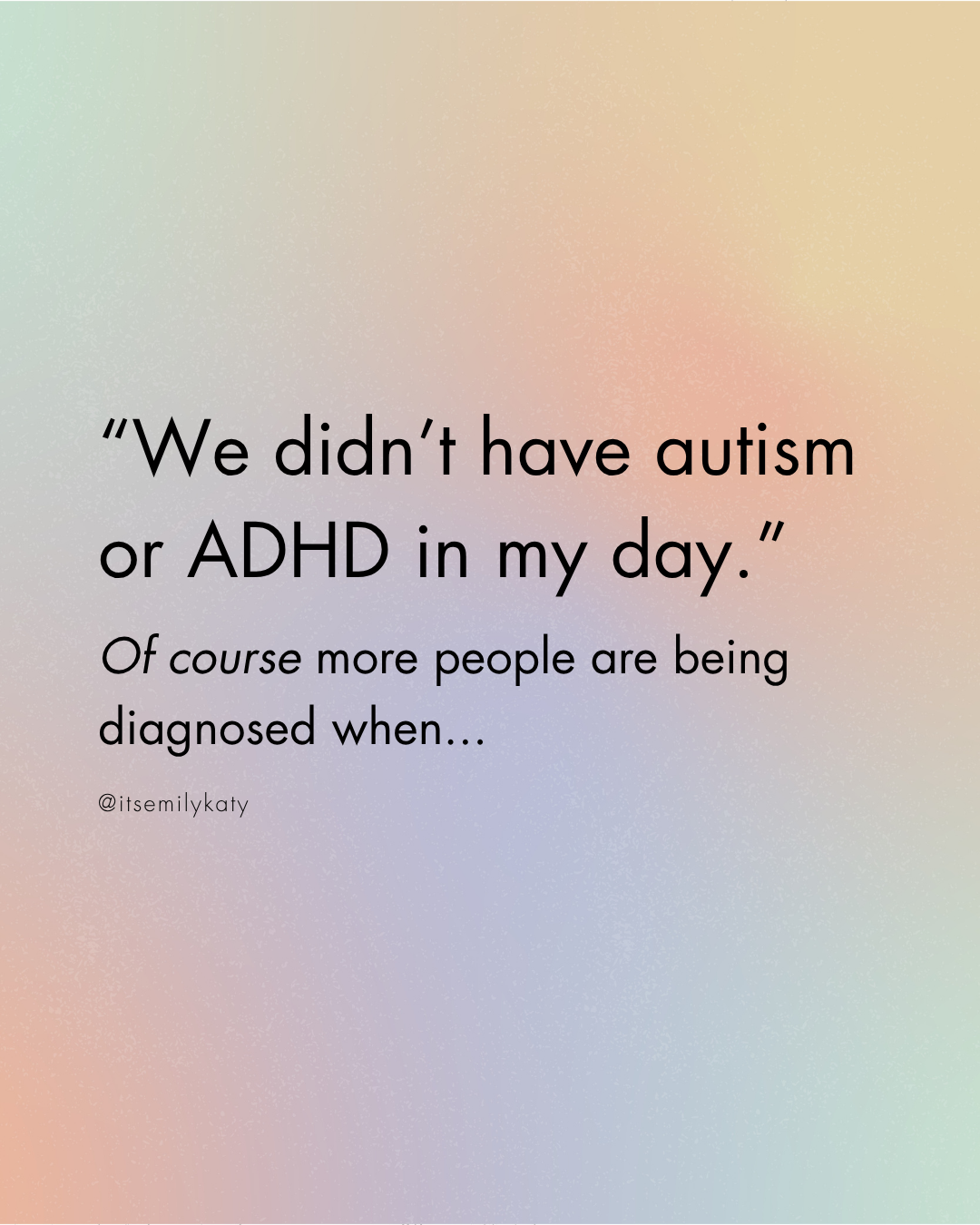As described by a 2022 research review, emotional self-regulation is the ability to modify, control, and manage your thoughts, emotions, and actions. Emotional self-regulation is an important, learned skill that starts to form during childhood.
If you’re studying a psych-related degree, like a mental health masters online—it’s essential to understand emotional self-regulation. It’ll be helpful with your future clients, and you can also incorporate it into your everyday life.
Self-regulation is also one of the five key components of emotional intelligence. The other components are self-awareness, social skills, empathy, and motivation. A high emotional intelligence and self-regulation ability are also linked to various benefits.
Research has shown that high emotional intelligence has been linked with better decision-making abilities, higher academic achievement, and greater overall success in life. It’s also important for maintaining good mental health and overall well-being.

What is emotional self-regulation?
We all feel and experience emotions every day, and it’s important to have them. It’s also possible to find them overwhelming, like being on an out-of-control rollercoaster, especially with negative emotions—this is where self-regulation comes in.
Negative emotions, especially feelings like guilt, sadness, or frustration, can lead to poor decision-making or self-destructive behavior. Emotional self-regulation is the ability to manage these feelings and respond to them effectively.
Even without knowing it, most people unconsciously use self-regulation throughout their life. This could be to cope with a difficult situation or complicated feelings and keep themselves from acting on an impulse.
If you have ever talked yourself out of a bad mood, or gone on a run to cope with a difficult time—this is a form of emotional self-regulation. There are healthy and unhealthy forms of emotional self-regulation, and learning the positive ways is important.
Understanding self-regulation theory (SRT) is also essential to understanding the process of emotional self-regulation. The theory outlines the process and components involved when we decide what to think, feel, say, and do. According to the SRT expert and American Social Psychologist, Roy Baumeister, there are four elements involved:
- Motivation to meet standards.
- Willpower — the internal strength to control urges.
- Standards — understanding desirable behavior.
- Monitoring — situations and thoughts that precede breaking standards.
Self-regulation theory stems from social cognitive theory, and by understanding the four elements—you can learn to manage your emotions effectively.
Why is it important?
We’ve all been in a situation where we’ve said or done something before thinking it through. This is why emotional self-regulation is an important skill to have. Regulating emotions and reactions allows you time to properly make decisions and consider other people’s feelings.
It also equips you with the ability to handle negative emotions, like disappointment, and react rationally to situations out of your control. Emotional self-regulation is the foundation for building healthy coping mechanisms and avoiding negative ones, like self-injury.
It’s important to remember that self-regulation doesn’t mean you won’t feel negative emotions—it just provides a framework for effectively dealing with and processing them. It can also help prevent you from reacting recklessly or negatively because of them.

Learning how to self-regulate
There are different approaches to learning self-regulation and strategies you can implement. When learning emotional self-regulation, it’s important to remember that it might take a few tries to find what works best for you. Below are some popular methods to get you started.
Mindfulness
Adding mindfulness to your everyday life is a great approach to emotional self-regulation. Mindfulness is the practice of being fully present and aware of your thoughts, feelings, and surroundings.
As part of the mindfulness process, it includes recognizing your thoughts and feelings, letting yourself feel them, and accepting them. There are different ways to integrate mindfulness into your life, whether it be meditation, taking breaks/pauses through the day to reflect, or exercise.

Cognitive reappraisal
Cognitive reappraisal is another popular emotional self-regulation technique. It’s when you consciously decide to take a step back from an emotionally triggering situation, reassess it, and reframe it in a different light.
This method of emotional self-regulation can be good for finding the positive in negative situations. It’s also a good way to give yourself time to process your feelings and react beneficially.
Emotional suppression
This strategy of emotional regulation involves keeping your emotions ‘suppressed’ until you’re in the right mental health state to process them alone or with a professional.
It’s an effective method, however, it’s important to ensure you confront the negative emotions, and not avoid them.
Extra tips and advice
Studies have shown that a person’s mental health and emotions are interlinked with their physical state and overall well-being. So, it’s critical to stay on top of all aspects of your health if you’re looking to learn and improve your emotional self-regulation abilities.
- Getting enough rest and having a regular sleep cycle is important for your emotional self-regulation. It’s harder to regulate emotions if you’re constantly not getting enough sleep.
- You may have heard of the expression ‘hangry’—combining ‘hungry’ and ‘angry’, and it’s true. Being hungry and lacking nutrition can make you more irritable. It’s important to eat healthy and stay hydrated.
- Physical exercise is linked to countless health benefits, including reducing negative feelings like stress and anxiety. It’s also beneficial for your overall health and can be a good mindfulness strategy.
- Learning to be self-aware about your emotions and actions is a good start for self-regulation. You need to be able to acknowledge your emotions to effectively manage them. For example, you could start writing in a journal.
- Add and practice pausing in your everyday life. If someone does something or an event happens that is upsetting, take a moment and think before you respond. For instance, before a stressful event or conversation, take deep breaths before engaging in conversation.
Seeking professional help
Similar to any skill, like drawing or singing, emotional self-regulation can be taught and trained through the guidance of a professional. Counselors can be a great launch point for finding a good network and resources if you need help figuring out where to start.
Clinical psychologists are also professionals trained in dealing with emotional self-regulation and dysregulation. Through treatment, they can assist you in finding healthy ways to deal with overwhelming emotions or instability and improve your emotional self-regulation skills.
Hi! I am author + writer on personal development, beauty, relationships and self-care, sharing insights through this blog since 2018. After years of practicing personal growth, emotional wellness and feminine lifestyle (plus 19 years in a thriving relationship), I share effective and tested advice to help you foster beauty, self-improvement and order in your life. Some articles are written by a small team of beautiful writers I trust.











